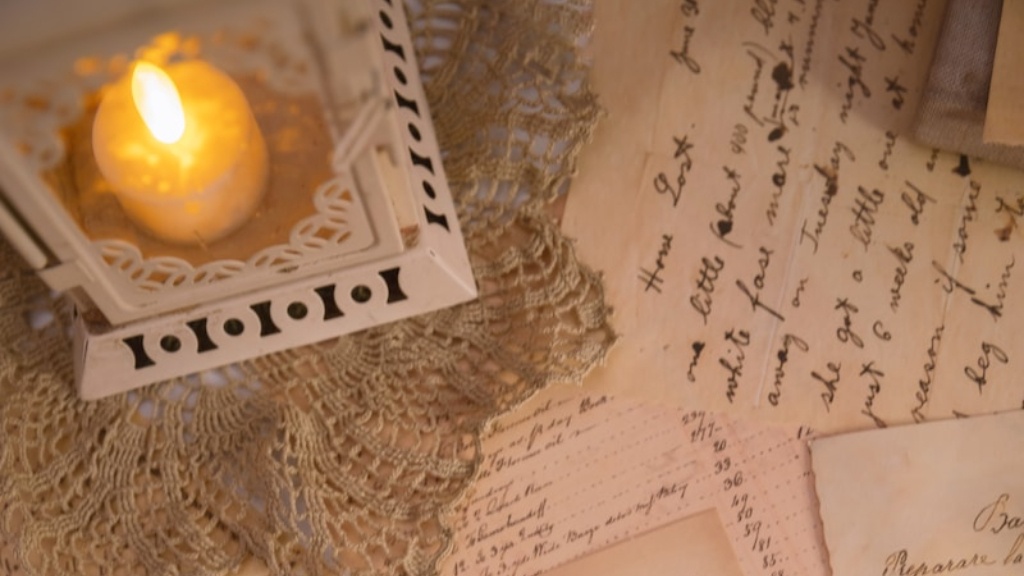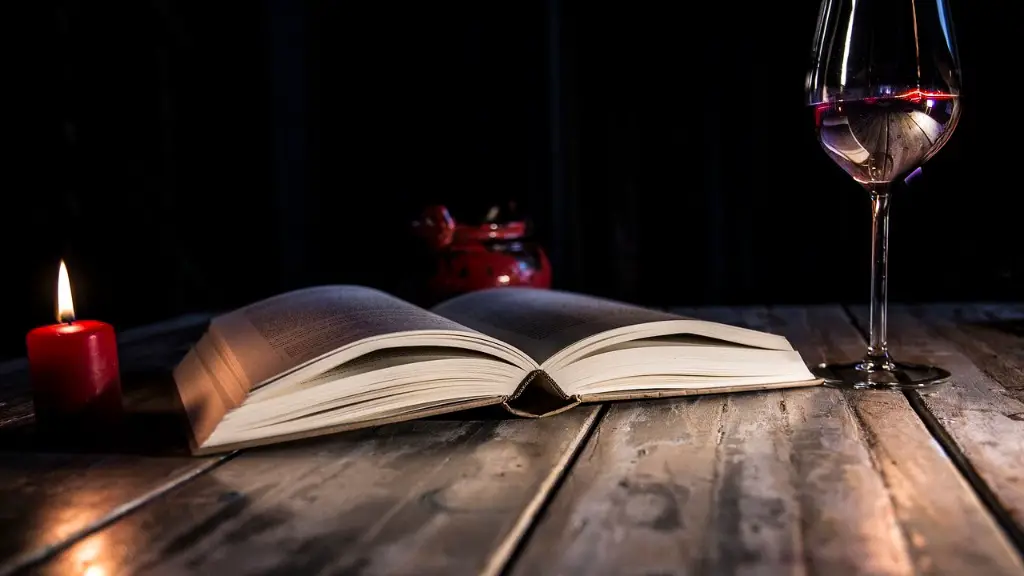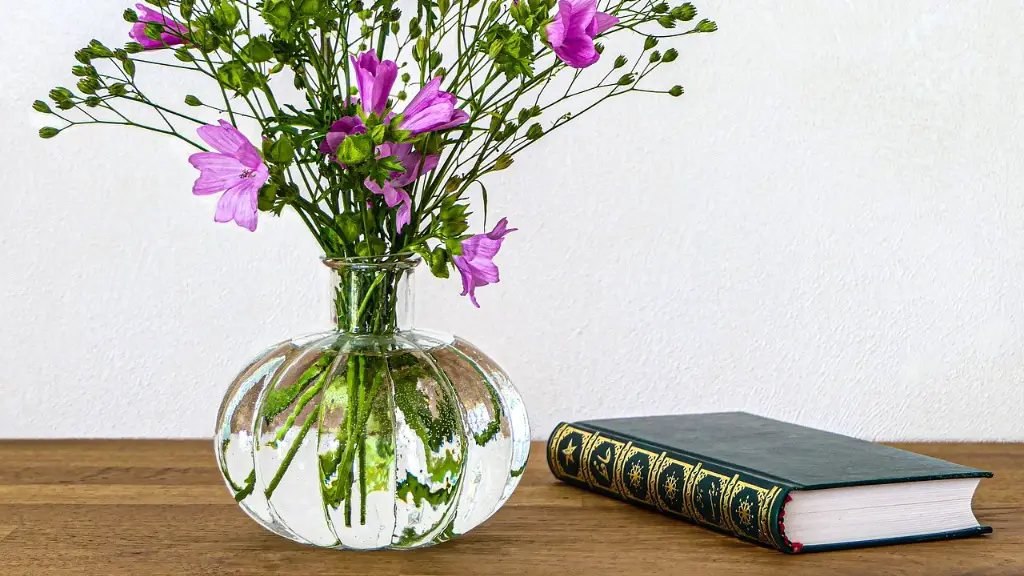What is Allusion in Poetry?
The use of allusion in poetry is quite often a strategy used to convey strong messages or feelings to the reader. Allusion is defined as an extra textual reference to a person, a story, a place or an event, including those found in other works of literature. It is a form of language that enables a reader to understand the theme of a poem through the use of multiple references. Allusion is often used to suggest a comparison between a real life experience and an imagined setting or situation.
For instance, an allusion could be used to compare the feeling of love to the experience of riding a rollercoaster. By referencing a common occurrence known as a rollercoaster, the poet can then use that reference to convey the intensity of a particular emotion or experience. By employing this technique, the reader is able to grasp the true emotions and feelings that the poem is attempting to express. This is why allusion can be an invaluable tool for a poet.
Indeed, even before the beginning of the Common Era, poets have been using allusion to convey deeper meanings to readers. In the writings of Homer for example, there are numerous references to gods and goddesses from Greek mythology. This serves to connect the reader to the moral and ethical lessons embedded in the work, as each character was understood to have associated traits. In this way, the poet was able to condemn certain behaviour or reward certain actions, often relying on allusion to get the point across.
Though allusions to Greek mythology became prominent in the works of the ancients, references to other periods in history or literature can likewise make appearances in modern poetry. For instance, readers may come across allusions to famous novels or plays in contemporary works, as the poet may use the reference to portray a particular scene or emotion which the reader can easily connect with due to their familiarity with the source material. What’s more, in addition to literary allusions, references to art, music and other aspects of culture are also often used to emphasize the poet’s point.
More often than not, an allusion can create connections between different works, allowing one to draw deeper conclusions from the work in question. It can be an invaluable tool for a poet to get their message across, especially as it doesn’t necessarily rely on the use of explicit language. It can also simplify the message that the author wishes to convey and make it easier for the reader to understand.
Allusion and Characterisation
One of the major benefits of allusion is the ability to create characters that are easier to relate to. Allusion can provide depth to otherwise underdeveloped characters, as the poet can use references to other works or cultures to expand upon a character’s values, interests or experiences. In this way, the poet can give their characters more life and substance, making them appear more genuine.
In addition to this, allusions can also give insight into a character’s motivations or intentions. By referencing a specific person or event, the author can create a more realistic understanding of a character’s motives or desires. For instance, if a poem references a renowned figure that the reader may associate with a particular philosophy, this will give the reader a better understanding of the character’s manner of thinking or behaviour.
Furthermore, allusions can also enable readers to better identify or empathise with the characters in question. This is especially true of a secondary character, who may be initially hard to read. By connecting them to a noteworthy figure or event, the poet can reveal the essential elements of the character’s personality. For example, if a character is described as being similar to a masterful conqueror, this can let the reader know immediately what kind of person the character is.
The Power of Allusion
Allusion has the inherent potential to inform and qualify the narrative of a poem, as well as increase the meaning beyond the surface of the words. Indeed, using literary allusions can provide concise and vivid descriptions, often more effective than lengthy descriptions of a particular setting, emotion or stimulus. This can be especially true with imagery and rhetoric, as the poet can easily draw together associated ideas and concepts.
What’s more, by referencing another work or event, the author can add significant depth and richness to their poem, allowing readers to sympathise and connect with the words on a more personal level. This can provide a powerful viewpoint, as readers can form a bond with the poet, thus understanding the background to their writing and the morals associated with their words.
In conclusion, allusions can greatly aid a poet in their craft, allowing them to convey powerful messages to their readers in a succinct manner. When crafted carefully, allusions can have a profound impact on readers, allowing them to draw deeper meaning from the words of the poem.
The Use of Allusion in Poetry and Music
In poetry and music, allusions are often used to draw the readers attention and focus on specific aspects of the text. By referencing other works, the author is able to enhance the description and tone of the poem or musical piece, allowing them to communicate the mood and emotion of the piece to the reader. For example, in Music, an allusion could be made to a well known tune or song, thus allowing readers to create an instant connection with what they are hearing.
In poetry, allusions can also help to flesh out the story, as well as providing a greater understanding of the narrator’s experience. For instance, by referencing a story or event that may be familiar to the reader, the poet can illustrate the meaning of the poem in a more succinct way. This can be particularly effective for those readers who may not be familiar with the particulars of the poet’s experience, as the allusions will create a bridge that allows the reader to identify with and understand the story.
The Use of Allusion in Different Genres
The use of allusion is not limited to a single type of work. In fact, it can be seen in all genres, which can be beneficial for both the writer and the reader. In drama, for instance, allusions can be used to provide humorous references between characters or plot points. This can create a much richer experience for the reader, as they are able to better understand the motivations or character traits of the characters in the story.
In the same vein, allusions can also be used in non-fiction works to illustrate a particular point. This can be incredibly effective for non-fiction authors, as it allows them to provide an easy to understand comparison with real world experience. This tends to be a popular tactic for persuasion, as readers are able to connect with an experience that is familiar to them.
The Use of Allusion in Online Platforms
In recent years, the use of allusion in online platforms has become increasingly popular. This is due the fact that many users of these platforms make frequent reference to figures of pop culture, such as television shows or films. This is done in order to highlight particular aspects of the message they are trying to convey, as users are able to draw upon the reader’s familiarity with the source material to make their point.
On a similar note, the use of allusion can also be useful in creating viral content. If a user references a popular figure or moment in history, it can often result in the post or video “trending”, as users will be curious to find out more about the reference. This type of content can also be incredibly effective for marketing campaigns that rely on viral content, as it activates an emotional response in the viewers and leads to increased engagement.
Finally, when used correctly, allusion to other works of literature or art can result in the reader sympathising with the writer, as the reader will be able to relate to the source material and see a familiar image in their mind. This type of connection can be incredibly powerful, allowing readers to gain a deeper understanding of the poem or text or to empathise with the feelings of the writer.




